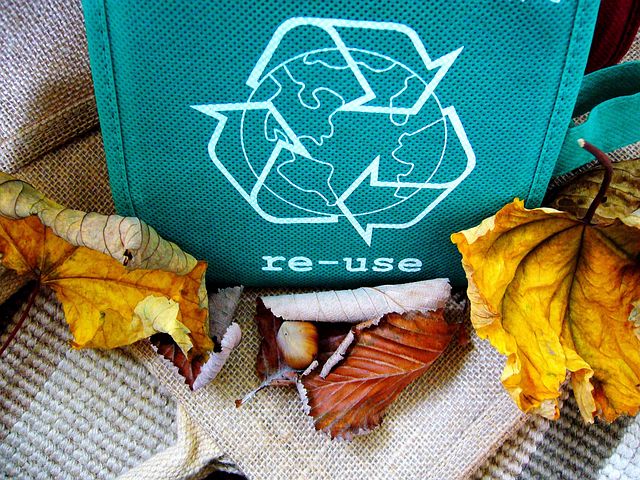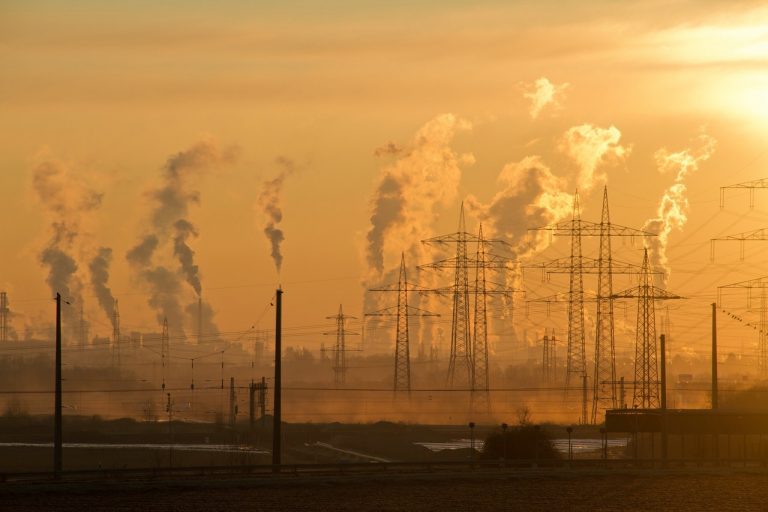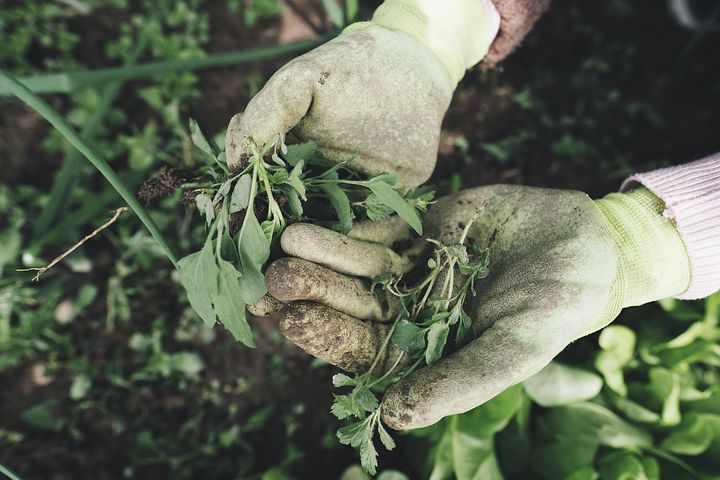
In the United States alone, recycling accounts for over $200 billion worth of industry spending.
Why, then, is the United States still falling behind almost all other developed countries when it comes to recycling, renewable energy, and other resource conservation efforts?
To start, our recycling infrastructure isn’t as streamlined as it may seem. Not only do consumers fail to properly sort waste in the first place, but much of this “recycled” waste still ends up sitting in landfills.
Because of this, it should come as no surprise that the US recycling industry hasn’t improved much in the past 20 years. But is there really anything we can do to fix it?
The Recycling Industry Is Dead
Until very recently, recyclable waste was one of the nation’s biggest exports. Paper and plastics were shipped off to foreign countries, primarily China, to be recycled back into useable consumer goods.
In 2017, though, China stopped accepting many types of recyclable waste. While the United States was undoubtedly affected by this change, it also impacted waste exportation for countries like Canada, South Korea, Australia, and members of the EU.
With nowhere to send recyclable waste, except for the landfill, many waste management companies have shuttered their residential recycling programs altogether.
But the situation with China is only a symptom of a much larger issue: at the end of the day, recycling is a business. If recycling a given material costs more than just tossing it out and making more, waste management companies have little incentive to invest in new infrastructure. The rules of capitalism only allow for that to happen under some form of pressure, like government regulations.
Where Will Our Waste Go Now?
After China announced its decision to cut off foreign imported waste, the industry was left with one giant question: where do we send our recyclable waste now?
Let’s make it clear, this is no small issue. After all, the United States sent over 16 billion tons of waste to China in 2016 (yes, just one year). That’s a lot of paper and plastic that suddenly lacked a proper home.
One of the first solutions the US enacted was to ship paper and plastics to other countries still willing to accept these materials. Countries in Southeast Asia, like Taiwan and Vietnam, increased their plastic imports after China’s policy change. Meanwhile, both India and Mexico have upped their paper waste imports.
However, shipping our recyclables off to other countries is far from a permanent solution.
Here in the US, the pressure to invest in local recycling facilities is steadily growing. Still, even with adequate support, these facilities won’t be ready to process our recycled waste for several more years.
So is there any hope for the US and the future of recycling? With the 2020 election season quickly approaching, many candidates are commenting on issues like renewable energy, environmental protection policies, and, of course, waste management. Whether or not these statements will turn into something tangible, though, only time will tell.
Forget Recycling! It’s Time to Focus on Waste Reduction
From a very young age, we teach children the importance of sorting paper and plastic and how this one small step could ultimately save the environment. But when our recyclable waste has nowhere to go, what does that mean for the planet?
In reality, recycling is no longer the answer. Maybe, it’s never really been the answer.
No matter how many resources we throw at building and maintaining our nation’s recycling infrastructure, we will always be stuck within a continuous loop. Today, the United States produces around 30 percent of the world’s solid waste, and this percentage is only projected to grow.
At this rate, we’ll never keep up.
Instead of focusing our efforts on recycling, we need to shift our efforts to reducing our waste production in the first place. This is the only way to truly slow our drain on the environment and its resources.
Despite popular beliefs, these efforts don’t need to be inconvenient or painful.
For example, California recently banned almost all single-use plastic bags in an effort to minimize beach litter. Not only did plastic litter decrease significantly, but stores faced little push-back from customers. Nationwide, zero-waste products like refillable water bottles and cloth grocery bags are growing more popular with the average consumer.
With that said, physical garbage isn’t the only waste we need to reduce. Fossil fuels and other non-renewable energy sources create vast amounts of pollution and environmental waste, much of which cannot be recycled or reused in any way.
So, yes, recycling our newspapers, coffee cups, and shopping bags is important. But we shouldn’t let these efforts blind us to the big picture.
Reduce. Reuse. Then, Recycle.
Recycling, when done right, is an important step toward proper waste management. But, especially when compared to other global leaders, the United States is trailing far behind.
While we should devote resources to improving recycling infrastructure on a national scale, this is only part of the solution. If the U.S. wants to see real changes in our waste production, recycling alone will never be enough.
Reducing the amount of waste we produce in the first place is the most crucial step to limiting our use of natural resources. After that, reusing unprocessed waste is the next best strategy.
It’s only when reduction or reuse isn’t possible that we should turn to recycling. Otherwise, our priorities are out of order.
Does your local community have a residential recycling program in place? Do you feel it’s effective or that it falls short of your expectations? Feel free to share your thoughts in the comments below.



